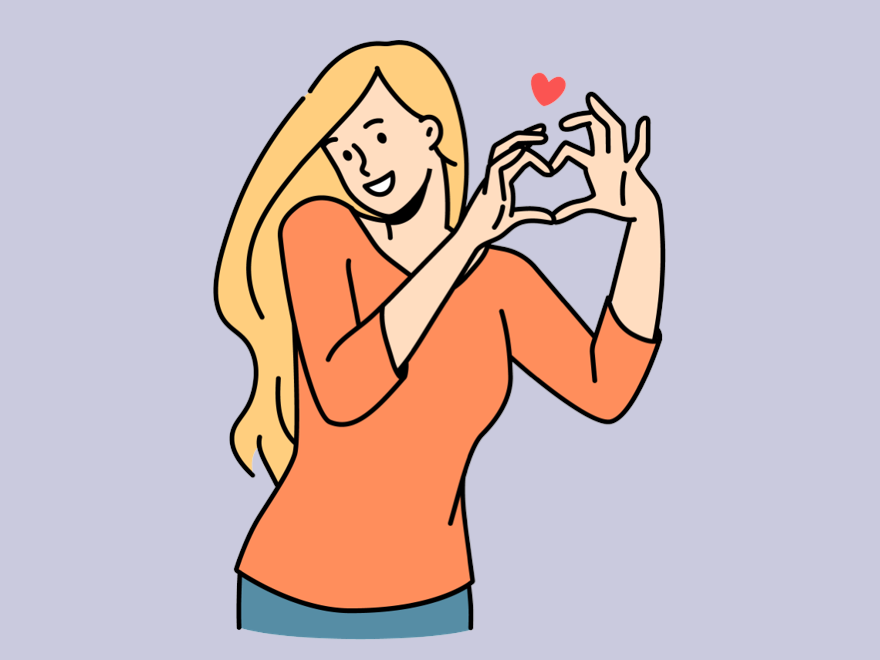INFJ Males and INFJ Females: Exploring the Nuances of Gender within the Same Personality Type
This article delves into the intricacies of the INFJ personality type, examining how gender dynamics influence the expression of its core traits. INFJ males and females face unique challenges in navigating societal expectations and cultural norms, leading to distinct expressions of their personalities. The article explores the psychological implications of these differences and concludes that understanding and respecting these gender-based expres











